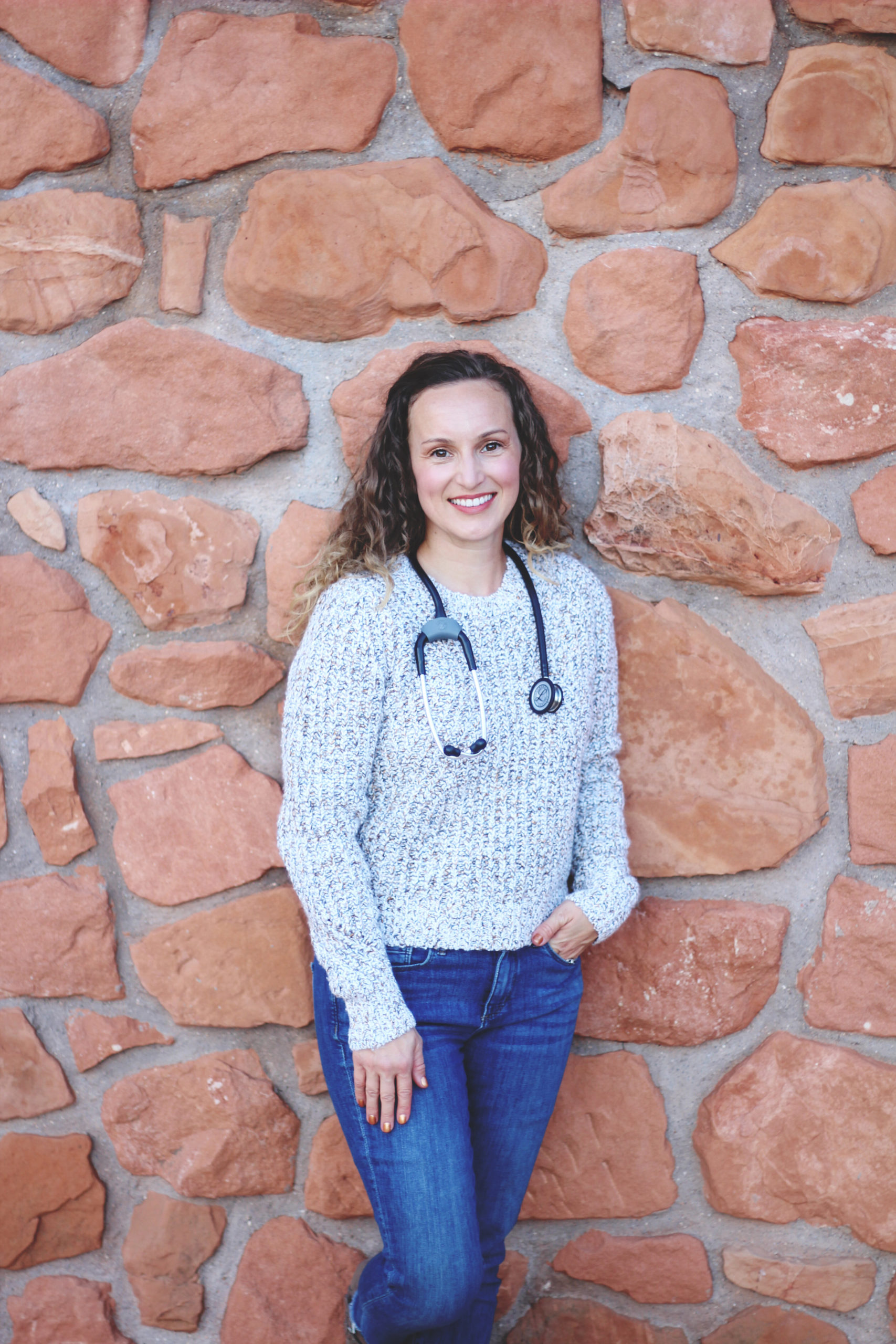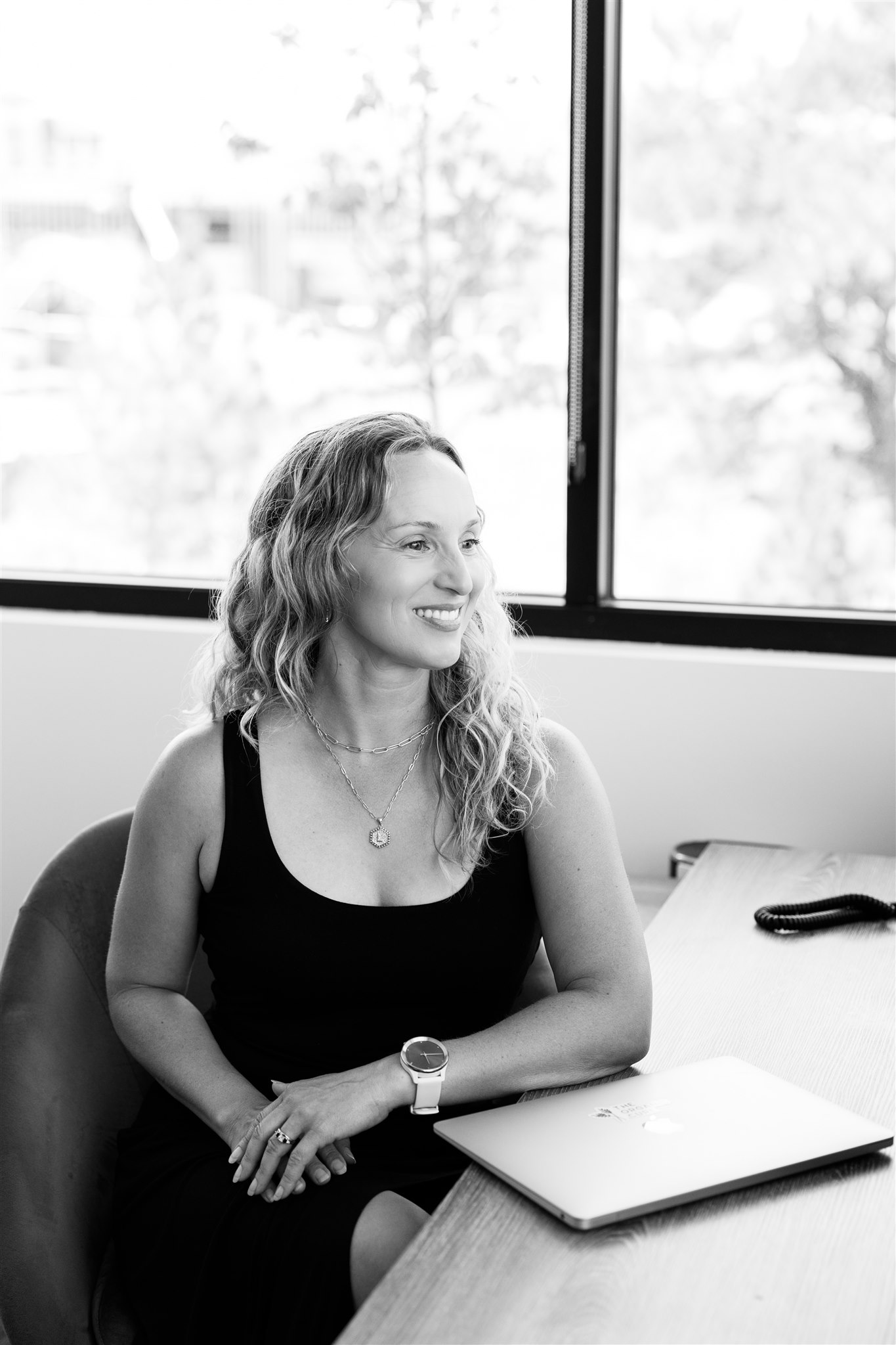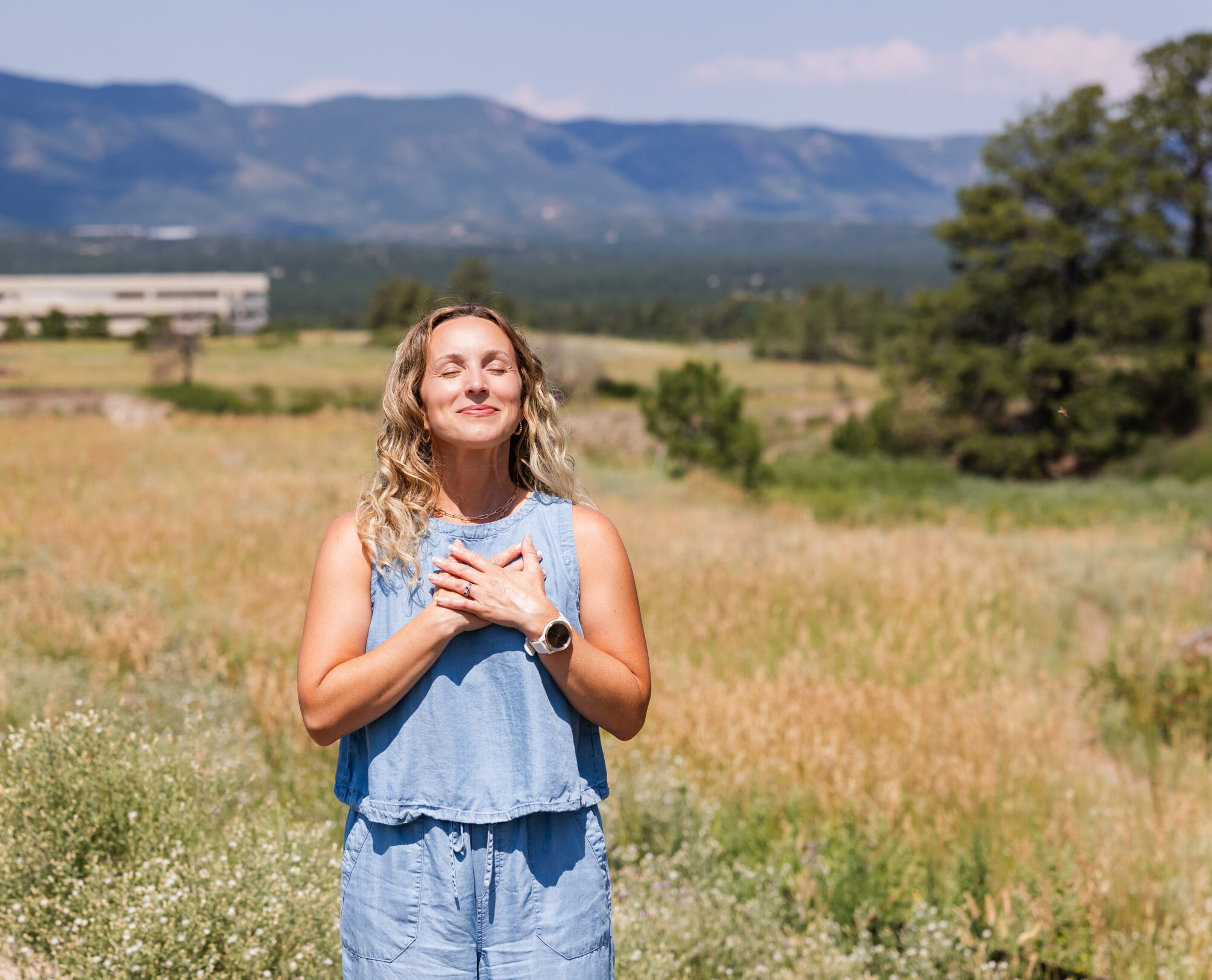Short answer: a Naturopathic Pediatrician specializes is treating the whole person by helping the body heal itself.
We do this by using a combination of traditional and modern techniques. For example, a lot of treatment techniques are considered traditional, such as:
- Herbal medicine
- Homeopathy
- Hydrotherapy (using water to heal)
- Mind-body medicine
- Massage, acupuncture
- Nutrition
Nutrition has been key to healing since the beginning of time, but it looks different now than it used to. In primitive times, getting enough nutrients was a challenge. In modern times, the challenge is getting the right nutrients and, at the same time, avoiding a toxic diet. So when you look at it this way, nutrition is actually a perfect example of the way traditional meets modern. We know instinctively that our food is medicine, but our modern world forces us to make adaptations our predecessors never had to consider.
Do naturopathic pediatrician’s perform lab testing?
Another modern variation in naturopathy is our ability to use diagnostic testing as a tool for finding the root cause. For as long as naturopathic medicine has been in existence, digestive function has been a determinant of health. With modern advancement, if someone has a bad case of diarrhea, we have lab testing that helps discern whether there is a parasitic infection or a chronic autoimmune disease. This information is vital in choosing the right course for treatment.
Do we need to prescribe anti-parasitic herbs or prescribe dietary elimination and gut-healing supplements? There’s a big difference, and the patients who have been healed can attest to that. It’s life-altering to receive a treatment plan that is specific to the root cause of the problem, because you know what happens? Kids actually get better.
What a naturopathic pediatrician appointment is like
Typical appointments run 45min-1hr. This allows us time to investigate all aspects of your child’s health. We do a deep dive into your health history, trying to understand what you & your child have been through, what you’ve tried, what has worked and what has failed. It’s important to review all of these details because we often uncover connections between the body systems that reveal the root cause.
We also talk about the state of your child’s sleep, energy, stress, and emotional well-being. Past trauma has strong ties within our body as we store negative energy that causes dysfunction.
Sometimes lab testing is relevant, but not always. At The Organic Cure, our policy is to only perform testing if the results will directly impact the course of treatment. The lab testing is often performed using at at-home kit that is sent to a lab for analysis and results are reviewed at a follow-up appointment.
Naturopathic Treatment for Kids
We craft a treatment plan that is customized to your child. It fits your goals, your preferences, and your capacity. The goal of a naturopathic pediatrician is to treat the patient using non-toxic, non-invasive methods that help with healing from the inside out. We intend to use supplements and other remedies for a period of time, but not create a dependency. The goal is to use them as a tool to restore weakened systems while we work on building a healthy lifestyle that will maintain your health once you reach your goals.
What a Naturopathic Pediatrician is not…
We never want to see people on expensive supplement protocols that they need to use indefinitely. That is just green allopathy, and we don’t practice that form of medicine at The Organic Cure.
Naturopathy does not equal homeopathy. Homeopathy is merely one of the many modalities naturopathic pediatrician’s are trained in. Modalities are tools in the tool box, and they include other things like:
- botanical medicine
- counseling
- clinical nutrition
- physical medicine (massage, acupuncture, craniosacral therapy, hydrotherapy)
- IV and injection therapy
- mind-body medicine, including biofeedback and neurofeedback
There are many naturopaths who graduate and go on to never touch homeopathy again because it wasn’t their thing. In fact, I didn’t think homeopathy would be a modality I practiced. I used to say, “Homeopaths are the weirdos among weirdos!” Well, I’m proud to say I’m one of those weirdos now because I saw homeopathy work time and time again to cure symptoms that were untouched by other modalities. So yes, I do practice homeopathy – but a better way to describe it is that I am a Naturopathic Pediatrician who uses homeopathy as a tool.
We are not anti-conventional medical practices. In fact, we are trained in many conventional diagnostic and therapeutic techniques. In my doctoral program at Bastyr University I was trained in phlebotomy, microscopy, pharmacology, and minor surgery. We spent every Friday for the entire first year dissecting a human cadaver so we could fully appreciate the complexity of every nerve, artery and muscle.
We were taught how to respect our colleagues in various specialties and recognize the important pieces of the puzzle that they can help resolve. For example, I recognize when my patients need antibiotics, diagnostic imaging, or surgery and I refer them out without hesitation. As a naturopathic doctor my objective is to help people feel their best and do so without causing harm.
We are not at war with medical doctors. The expertise and training of MDs is vital, and life-saving. I have a child who would not be alive today if modern medical technology had not been in the capable hands of very knowledgeable and caring neonatologists and surgeons.
The Naturopathic Pediatrician Standard of Care
My goal, and the vision that is facilitated by Bastyr University, is to unite the medical fields around the goal of optimal health for the patient. Naturopaths excel at laying the framework for a healthy lifestyle, and identifying underlying imbalances in the body.
“Naturopathic medical graduates demonstrate an awareness of the developing role of naturopathic medicine within larger frameworks of health care and health care systems in order to advocate for optimal patient care.” (www.aanmc.org)
We acknowledge and respect where our scope of care ends, and the scope of another professional begins. We refer our patients out when necessary because we care about them, and want them to have the best shot at full recovery.
Just as in politics, religion, and any other passionate group of people, there are extremes. There are extreme sides of the spectrum where you might find a naturopath who insists on using only herbal interventions. At the other end, there may be a medical doctor who adheres strictly to issuing pharmaceuticals for every ailment.
Don’t let the extremes fool you. There is middle ground, and that is where true Integrative Medicine lies. That is where you will find people who don’t pay attention to titles, but rather, share knowledge openly with the goal of improving patient’s lives. When we learn to respect the knowledge all medical parties bring to the table, we will see a shift to a health care system rather than a sick care system.
What is a Naturopathic Pediatrician’s education?
A true naturopathic doctorate program at an accredited university is a full four years. It’s a grueling four years, that parallels conventional medical school for much of the program, so many students opt to extend to the five-year track. Prior to enrolling, students are required to complete an undergraduate in pre-med, or a similar course set that doesn’t necessarily bear that title. During the medical program, students must pass 2 separate rounds of national board exams (NPLEX), testing in basic science and clinical education. After completion of the four-year naturopathic doctorate program, graduates must obtain licensure (depending on the state) in order to be a practicing physician. Some states do not require licensure for naturopaths to practice as doctors, and this has its pros and cons which will be discussed another time.
Once the program is complete, the graduate is now a Naturopathic Doctor, or ND. Students may then go on to complete a residency, join an existing clinic, or open a clinic of our own. Many naturopathic doctors also become teachers, authors, researchers, and more.
I chose to forego the residency and immediately launch a business. Actually, that path chose me. I would have loved to complete a residency, but they were not available in my hometown of Colorado Springs, and I could not keep my family away from home any longer. My husband had put his career on pause for 5 years and needed to get back to it. I tried to partner with colleagues in Colorado Springs and create a residency for myself, but that is a very big financial burden on a private clinic. Standard medical residencies are funded by government funds that come out of the Medicare budget. Naturopathic doctors are not given the same privilege, and have to rely on donors to fund residencies.
I’d love to learn more about your family’s needs – book a free consult here.



